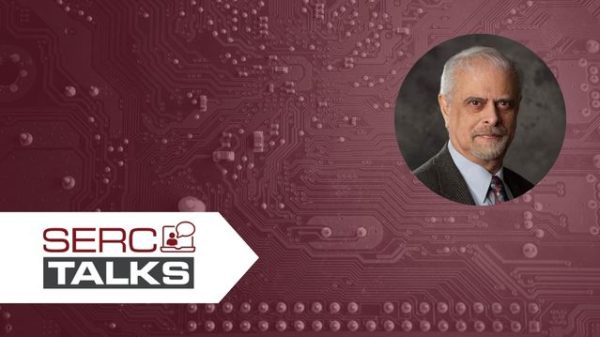
SERC TALKS: “What’s Really Distributed in Distributed Autonomy?”
Aug 7, 2019 1:00pm - 2:00pm

Details
Event
SERC TALKS: “What’s Really Distributed in Distributed Autonomy?”
- Start Date
- August 7, 2019 @ 1:00 pm
- End Date
- August 7, 2019 @ 2:00 pm
- Event Link
- http://sercuarc.org/serc-talks/
Venue
- Address
Organizer
Systems Engineering Research Center (SERC)
- serc@sercuarc.org
- Website
- http://www.sercuarc.org/
